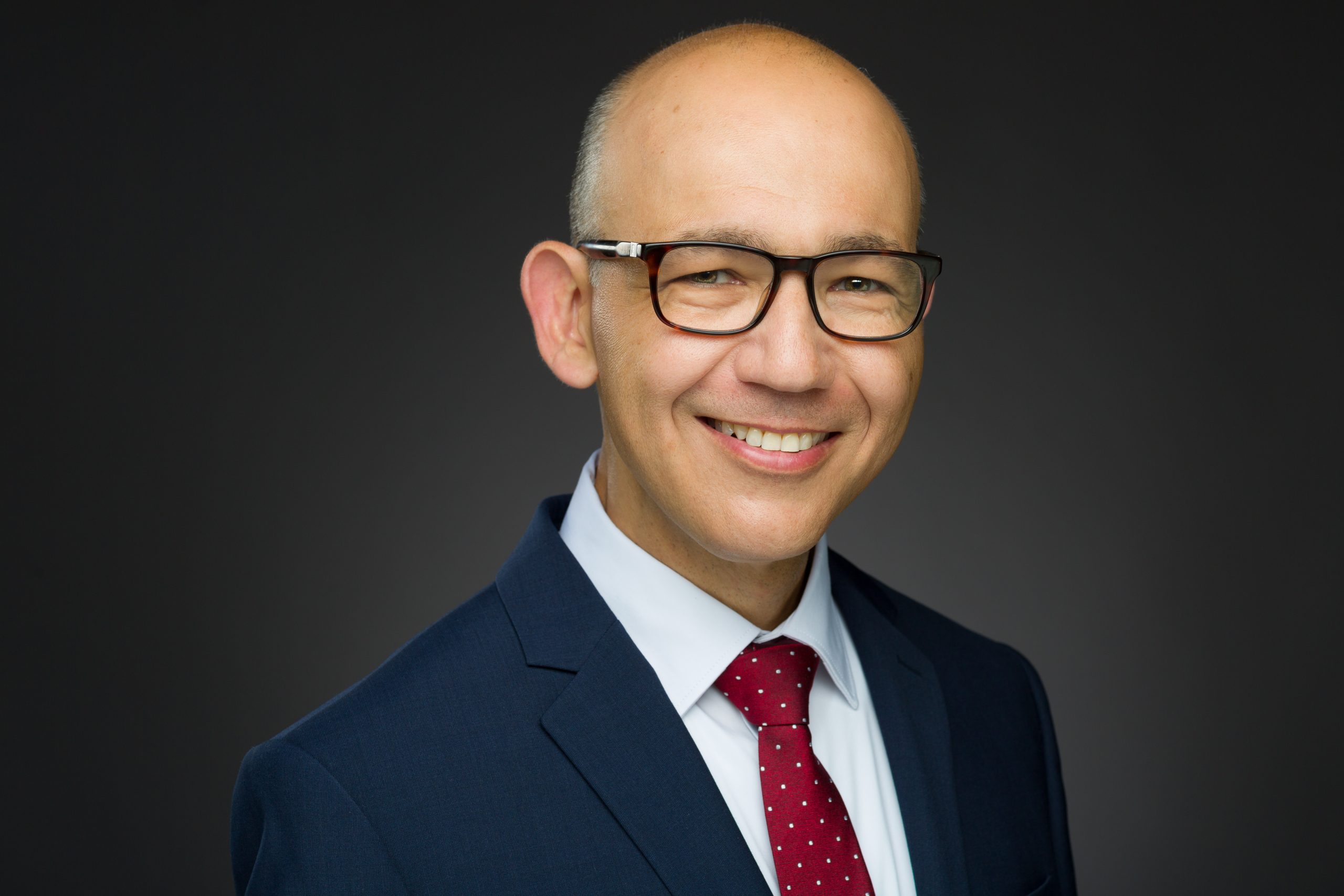Writing is one of my weaknesses. I can stare at a blank screen for hours and struggle to type a line. But put me in front of a group and I’ll talk for hours. I could spend more time trying to be a better writer. But if the science of learning and skill acquisition is any guide, I’ll probably only marginally improve even with exponential effort. That’s a bit depressing, but not really.
For most weaknesses, there is a strength that can counteract it, that you can lean into. But it’s also critical to understand where your weaknesses lie first, so that you can address them.
This might sound like I’m contradicting myself, right? I’m a huge proponent of self-evaluation for greater understanding of ourselves. I urge you to sniff out your gaps, your weaknesses. And now, here I am saying, ah, screw it, lean into your strengths, it’s more fun and a lot less work. Contradictory? Not really.
Instead I’m offering you a compromise. Our strengths will always be the things that give us our special super powers, not our weaknesses. When we lean into those things we do best naturally, we can do the best work possible.
Knowing what our weaknesses are however, gives us power over them. We can’t make ourselves be a substantially better writer, orator, or one-on-one speaker, but by identifying our weaknesses, we can put conscious support systems in place to keep them from becoming fatal flaws. These systems can help counteract our weaknesses and maximize our effectiveness in leading others.
Three Steps to More Fulfilling Skills
Utilize your talents, identify your weaknesses, and make strategic efforts to cut down on the negative side effects of those weak spots —- that’s the name of the game. But this isn’t an easy process. However, it is one that can prevent the same mistakes, conflicts, and roadblocks from continually springing up around you. Many times it’s easier to point out places where you feel like you could improve rather than detailing a list of your strengths.
STEP 1: List Out Your Strengths.
But an important step not to skip is listing out your strengths and getting really specific about them. This can be hard. A good way to begin is by going through your work roles and listing out your biggest accomplishments and the skills that were crucial to achieving them.
STEP 2: Do Some Analysis.
Seek external input from those close to you and work colleagues. Ask them to give you insight into your strengths and your weaknesses. You might be surprised at some of their revelations. Also consider assessments and personality tests that you can complete privately online for some objective input.
STEP 3: Look into Complementary Strengths.
Strengths don’t necessarily mean you have an infallible mastery of a quality or skill. You can still have flaws or make mistakes even in your strongest skills. To become more well-rounded, don’t look on the opposite end of the spectrum for new areas of growth. Instead, set your attention and focus to a complementary skill that relates to your strongest areas.
STEP 4: Become Friends with Your Weaknesses.
It’s natural to be defensive about yourself. It happens to all of us when someone brings to us a critique or an area where we might be lacking. It’s important to remember that everyone has blind spots. But if you’re not seeking them out, that is true weakness. Remaining unaware of the areas where you need to change or alter will hold back even the highest performing leader. And if you’re not going through the exercises of self-awareness, you can’t even make the choice of how to approach your weaknesses, because you’ll never know what they actually are.
For the most basic of weaknesses, look into outsourcing when possible. This is usually a cost and time-effective way to overcome weaknesses while at the same time skipping the struggle involved in changing them.
Some weaknesses are less easy to get around. Those are generally more based around your values, personality, or beliefs, rather than just a skill you suck in like cold-calling or accounting. These types of weaknesses are bound to show up in your life. And that’s why it’s important to be aware of them beforehand, so at least you can catch them before they become too damaging.
This examination process can bring you closer to strategies for expanding on your strengths and minimizing your weaknesses. It’s not a one-and-done exercise though. It’s something that we can continuously do over the course of our lives to systematically fine tune our self-awareness and effectiveness.



Leave A Reply